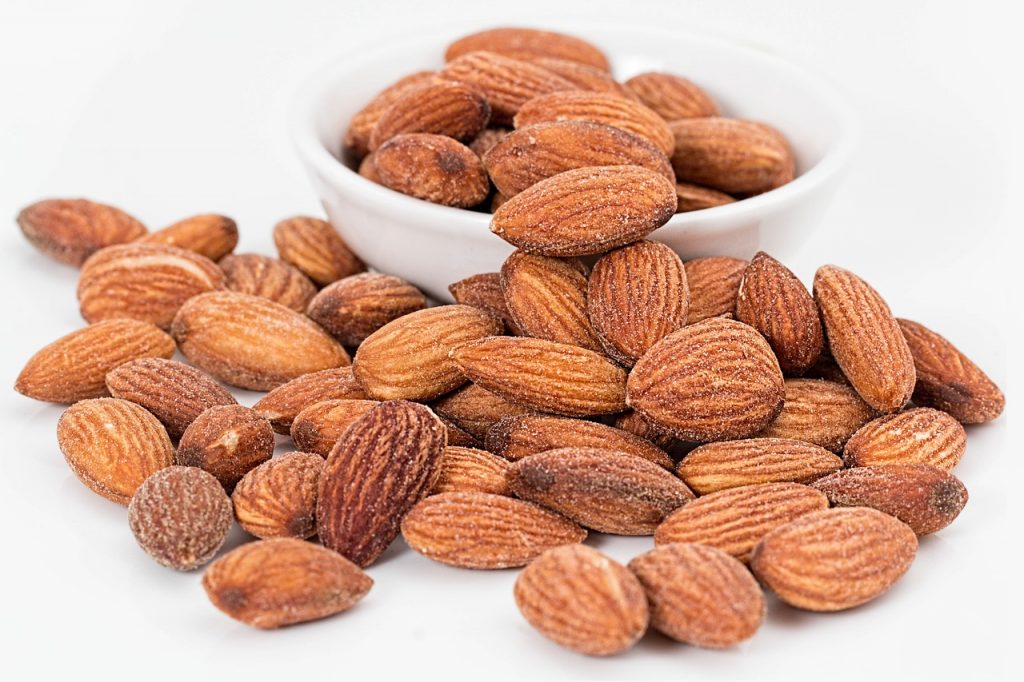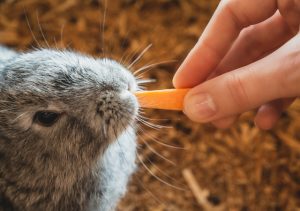Known as a super-food, almonds are a favorite treat of active individuals or those looking for a better diet, packed with lots of nutrients and healthy fats. Doctors and nutritionists alike recommend us eating almonds and other kinds of nuts on a daily basis. But are they ok for our hopping furry friends as well? Can rabbits eat almonds?
If they're healthy and recommended for us, they have to be good for our rabbit pets too, right? Well, not necessarily. Almonds are righteously considered super-foods for us humans, but that's not the same for our bunny friends. Above certain amounts, they could actually be harmful to our adorable hopping furry friends, but let's find out more.
Can Rabbits Eat Almonds
Almonds are whole foods, high in calories and containing lots of nutrients that will benefit us and our human friends because our bodies have evolved to use any kind of nutrients we could find. But rabbits are not the same.
A rabbit's digestive system is very different to a human's, so they can't eat the same type of foods on a regular basis, because they have very different dietary needs for survival.
Rabbits get everything they need from foods that are high in fiber and low in fats and sugars.
The Problem With Almonds
Almonds are indeed low in sugar and they have healthy fiber, but that's not enough for a rabbit's needs. What's more, almonds have a very high fat content, which will do no good to a rabbit's digestive system and overall health.
Their body has a special organ called caecum, which is responsible for the absorption of the minerals and vitamins contained in fiber, therefore they need to consume foods that contain high amounts of fiber and low levels of sugar and fats, such as grass and hay.
Besides that, bitter almonds contain a substance called cyanide, which is produced naturally in the seeds of some fruits. If enough of this cyanide is ingested by rabbits, it can lead to cyanide poisoning, which in extreme cases, can even lead to death. So it's better to stay away from bitter almonds and also feed your rabbit normal almonds as a special treat only and not as a regular food.
Too Many Almonds
A rabbit feeding regularly on almonds will soon develop nutritional imbalances, digestive troubles and even other related health problems. If you suspect that your bunny has had too many almonds, it might be time for a trip to the vet. If you're not sure, observe your furry friend's eating and litter habits. Some of the symptoms are loss of appetite, dehydration and discolored fecals, either hard or watery.






